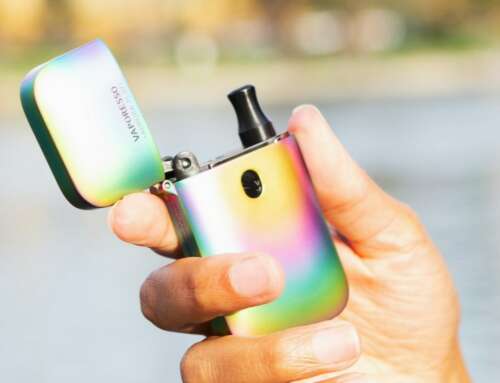The headspace website is designed for parents, carers, teachers and professionals who work with young people. It deals with a range of issues that affect the youth of today including:
- Mental Health
- Drugs and Alcohol
- Cyberbullying
- Health and Wellbeing
- Research and useful links
- Parents and carers
- Getting Help
Videos
The site also features several videos from young people and parents who have experienced problems. The ‘Something’s not right’ video clip, talks about a parents experience of seeking help. This video clip is taken from a DVD entitled ‘Where there’s hope’ produced by Orygen Youth Health Research Centre.
The ‘Persistence’ video clip relates a parent’s experience of her daughter’s gradual improvement and the need to persist with treatment.
Fact sheets
There are specific information and fact sheets about mental health and illness, drugs and alcohol, and mental health research. The fact sheets provide some practical information to support those in a caring role:
• Managing health care and medications
• Managing money
• Legal arrangements
• Safety at home
The Carer Information Pack produced by the Commonwealth Carer Resource Centre also contains an Emergency Care Plan and a list for recording medication requirements:
• Emergency Care Plan
• List for recording medication requirements
If you need face to face help then there are 30 headspace centres around Australia which offer several services. Contact details for all centres are located on the website.
Parents and Carers
Young people can go through many different changes as they grow up. Raising sensitive issues and working to resolve problems that arise along the way can be challenging. It can also be hard as a parent to know the difference between normal behaviour, such as moodiness, irritability and withdrawal, and an emerging mental health problem. This section is designed to help parents and carers to:
• talk to a young person about their problems
• learn more about how to support young people
• find information about where you can find the right help, and
• find support for yourself.
Signs and symptoms to look out for
Encourage someone to see a doctor if anything on this checklist describes how they feel or act:
- Stop talking to family and friends
- Become afraid or suspicious for no reason
- Develop strange ideas
- Hear voices no one else can hear
- Feel they have special powers
- Have difficulty concentrating
- Say or write things that don’t make sense
- Abuse drugs or alcohol
Headspace Knowledge Centre – for professionals
The headspace Knowledge Centre provides up-to-date information about treatment interventions and models of care for young people with mental health and substance use issues. It is designed for professionals who work with young people, as well as researchers and academics and members of the community who are interested in youth mental health.
Centre of Excellence: this provides an overview of some of the most common mental health and substance use disorders affecting young people. These overviews focus on:
- the diagnostic criteria for these disorders (including some of the difficulties in diagnosing mental illness in young people)
- the prevalence of these conditions,
- the ages of onset,
- evidence-based treatment options, and
- information about current models of care.
Evidence Mapping: is a dynamic resource that assembles all the evidence and research regarding treatment interventions for common mental health and substance use problems affecting young people. The Evidence Maps will be continually updated. Currently, the Evidence Map for Depression is available, with the other disorder areas coming online throughout 2008-2009.
Writer Helen Splarn. Editor Dr Ramesh Manocha
Source: headspace







Great tools and information. Thanks you for the posting.